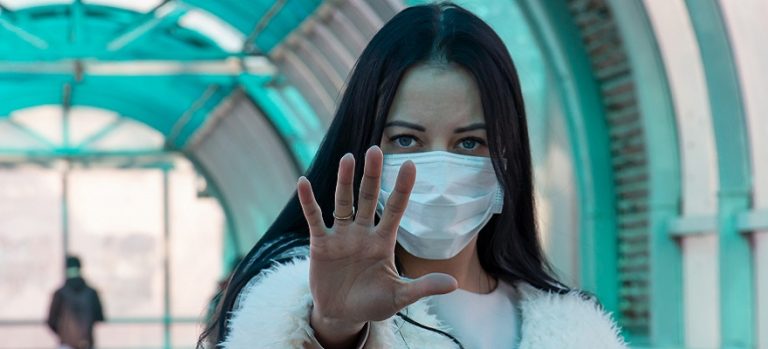Last fall, health officials in the United States authorized new COVID-19 booster doses that were meant to target the original strain of the coronavirus as well as some of the Omicron subvariants that were circulating at the time. According to the Centers for Disease Control and Prevention, the new booster, known as the bivalent COVID-19 vaccine, provides the best protection against the virus at the moment.
Nonetheless, adoption has been slow. Despite the bivalent booster has been shown to be safe and to improve protection against infection and severe disease, just 16% of Americans have taken it thus far. But, many of the shots’ early adopters are approaching six months post-vaccination and are asking if they need a second dose, and if so, when.
“This is probably the most common question I get asked: ‘Hey, doc, I got that back in September. It’s been a few months. Shouldn’t I be getting another booster by now?’” Dr. Peter Hotez, co-director of the Texas Children’s Hospital Center for Vaccine Development and dean of the National School of Tropical Medicine at Baylor College of Medicine, told Yahoo News.
On Tuesday, vaccination advisors in the United Kingdom suggested a spring booster dosage for high-risk populations such as those over 75, immunocompromised, or in nursing homes.
Many early adopters of the bivalent vaccine don’t want to wait until the fall
Government health organizations such as the Food and Drug Administration and the Centers for Disease Control and Prevention have not yet released an official recommendation on whether a second bivalent booster dosage is required right now.
The FDA, on the other hand, recently proposed a transition to a yearly COVID-19 booster strategy, similar to the flu approach. Most healthy adults will receive one dosage each fall under this strategy. According to the CDC, certain Americans, particularly the elderly, unvaccinated young children, and those with weakened immune systems may require two or more doses each year.
Paula Lazor, 68, of Arlington, Va., told Yahoo News that she and her husband, who is 75 and has underlying health issues, received the bivalent booster as soon as it became available. They’re both now eager to get a second dose.
“My husband and I feel very strongly about getting a second bivalent shot. In fact, we planned to contact our primary care doctor next week … to see if that is possible,” Lazor said, adding that she wants her family to have the highest protection possible against the virus.
The Centers for Disease Control and Prevention has said multiple times that the primary goal of the country’s COVID-19 vaccination strategy is to avoid serious disease, but people like Lazor are concerned about getting “long COVID” and infecting others.
“We particularly do not want to pass this virus on to our grandchildren,” she said.
Not enough data to make a recommendation right now, CDC says
The Advisory Committee on Immunization Practices of the Centers for Disease Control and Prevention (CDC) recently convened to review the COVID-19 injections. The agency presented statistics on the effectiveness of the bivalent booster dosage during the meeting.
According to these results, bivalent vaccines continue to provide protection against hospitalizations, but protection against infection appears to be eroding over time, particularly among older adults. But the agency said, “Waning for bivalent VE [vaccine effectiveness] against hospitalization, including among older adults, isn’t yet known.”
Dr. William Moss, a professor in the departments of epidemiology and international health, as well as molecular microbiology and immunology at the Johns Hopkins Bloomberg School of Public Health, told Yahoo News at a recent expert briefing on COVID-19 vaccines that authorizing another bivalent booster shot for vulnerable populations would be a good idea.
“Officially there’s not a recommendation yet for an additional booster dose for those individuals, but based on what we’ve been saying, I think that would be quite reasonable in vulnerable populations, for whom the last booster was some time ago,” Moss said. “There would have been some waning protective immunity, certainly against mild and perhaps moderate disease. There’s no right answer. It’s also going to depend on the level of community transmission, but I would say that would be a reasonable consideration.”


